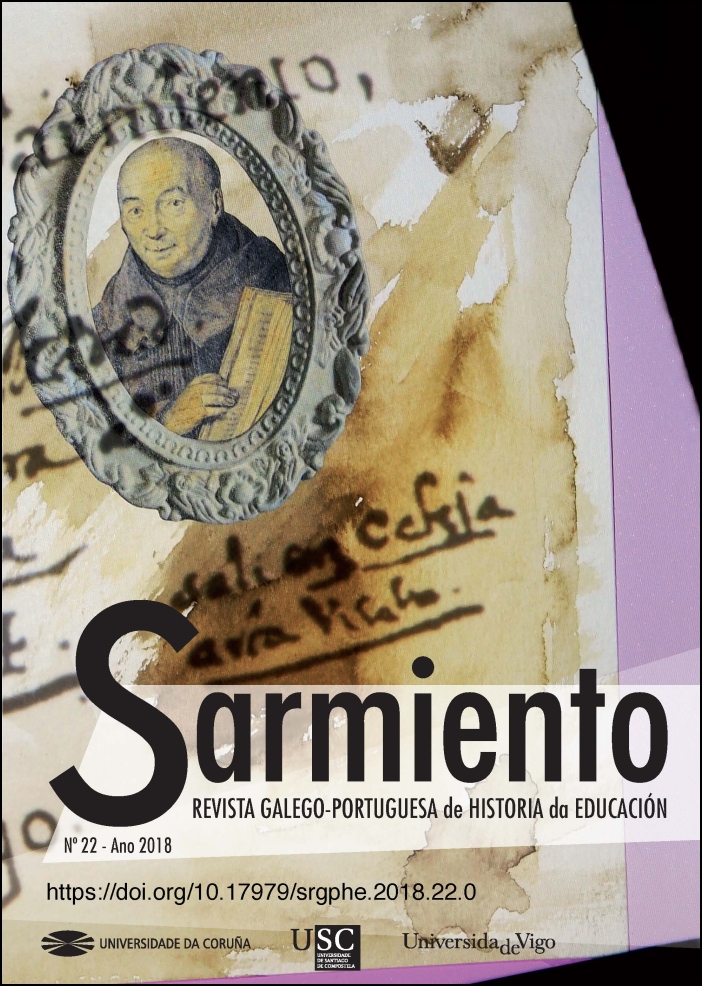Two Pedagogical Models and their Relationship with Nature The Spanish Explorers and the Youth Movement
Main Article Content
Abstract
This article analyzes the emergence of youth camps, one of the new mechanisms of informal education which reflect the changing social roles experienced by young people in European societies during the early decades of the 20th century. Although the idea of being in contact with nature was innovative, different models with a wide variation in focus were applied. This article centers on the two most important models developed in Spain in the 1950s. The first of these was implemented by the Spanish Explorers, the organization that introduced our country to scouting. The second model was proposed by the Youth Front, the organization responsible for youth policy during Franco’s regime. After examining the main characteristics and fundamental ideas behind these two models, we conclude that the former developed an educational program in line with nature, featuring interesting conservationist elements, while in the latter, put forth by the Falange, the camps served more as a means in a natural setting to instill the ideology of the national trade union.







